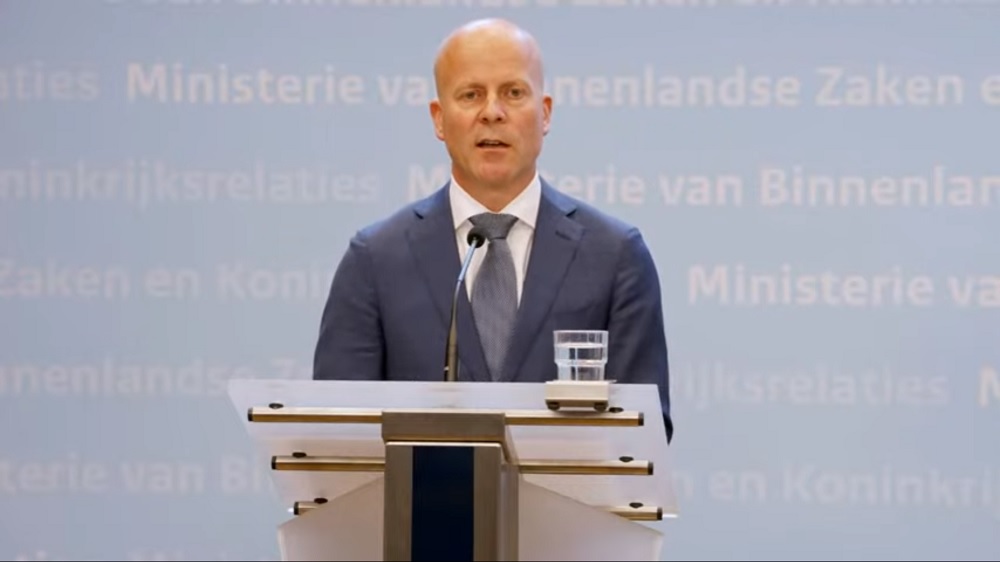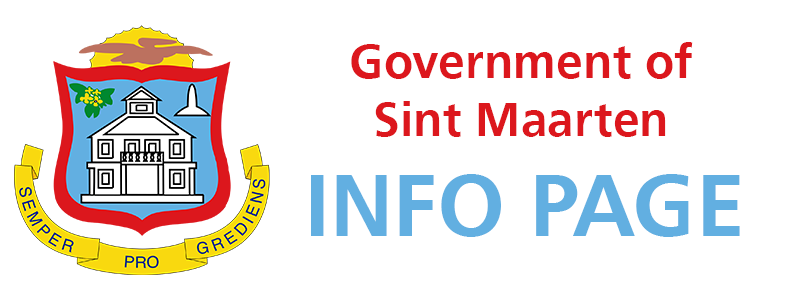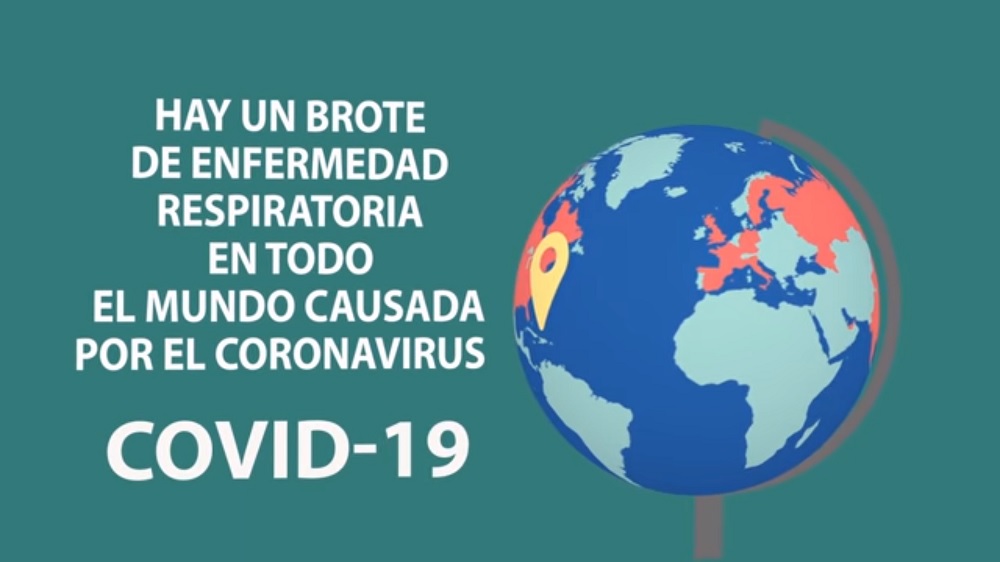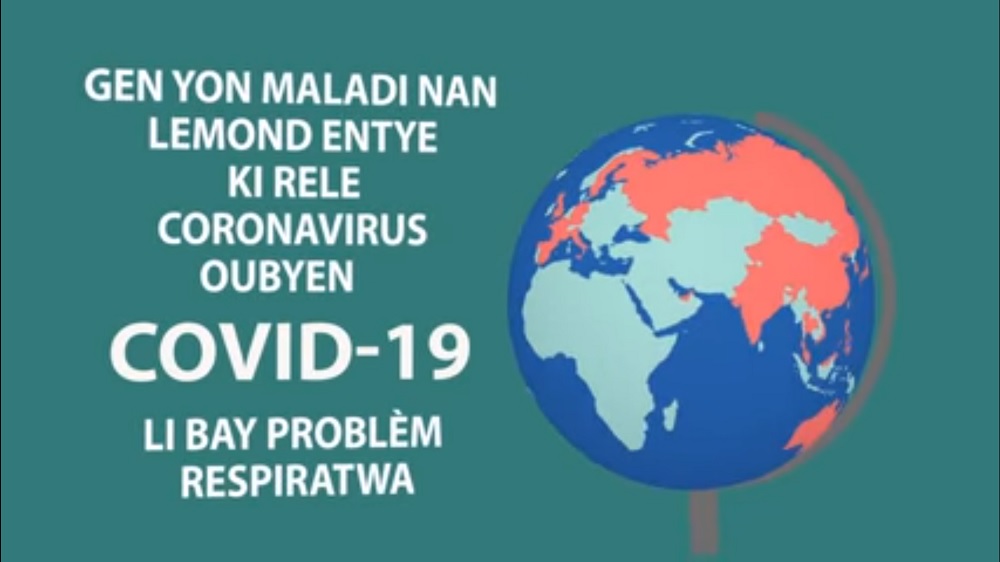Knops issues tight deadlines for liquidity support conditions
PHILIPSBURG – Government and Parliament will have their hands more than full in the next couple of weeks now that State Secretary Drs. Raymond Knops has released the detailed conditions for continued liquidity support. St. Maarten must get a whole range of measures in place by mid-September and for some measures, the deadlines are even tighter. This appears from several documents Knops sent to the Kingdom Council of Ministers.
The government is asked to enter into a country-specific package agreement that will end on December 31, 2027, with the option of an extension by two years upon mutual agreement.
The conditions for receiving the third tranche of liquidity support are full compliance with the conditions for the second tranche and with those for the third tranche.
“Curacao and St. Maarten have not been able to prove that they comply with the conditions for the second tranche,” one document states. For this reason, the government will not receive the third tranche of liquidity support at this moment. It has until July 15 to provide information to financial supervisor Cft that shows all conditions have been met.
In turn, the Cft will then advise the Kingdom Council of Ministers before August 15. Additional liquidity support to the tune of 62 million guilders ($34.6 million) will become available for the period July 1 – September 30 as soon as St. Maarten has complied with the conditions attached to the second tranche and has unconditionally agreed with generic and country-specific conditions.
To receive further liquidity support, St. Maarten will have to agree with the consensus kingdom law Caribbean Reform Entity (CRE). It also has to sign on to the country-package agreement and promote broad support for these decisions in Parliament by September 15. The level of parliamentary support will influence decisions about the fourth tranche of liquidity support.
Furthermore, the Netherlands wants to introduce amendments to the kingdom law financial supervision (Rft) in consultation with St. Maarten, Curacao and Aruba. The amendments include sanctions, the provision of information to and from the Cft, an advisory role for the Cft in policy decisions, an escalation scale for instructions, budget rules and additional standards for financial management, the debt quote, the financing deficit and the interest burden.
Under the direction of the temporary work-organization at the Ministry of Home Affairs and Kingdom Relations (the precursor to the CRE) St. Maarten will have to actively contribute to the establishment of an execution-agenda based on the measures outlined in the country-package before November 1.
Furthermore, the country has to actively work on contracting an external independent party for auditing the financial sector and the system of supervision in the financial sector.
Before September 15, the government has to present an overview of legislation that needs adjustments; these adjustments include at least the establishment of a deposit guarantee system.
Other demands are that the country complies with all requests for information from the Cft, that it presents a Plan of Approach for Education by September 15, and that this plan be implemented by October 1.
Knops’ document also contains September 1 as the deadline for Parliament to approve a proposal that limits the top salaries in the (semi)public sector to 130 percent of the adjusted salary of the prime minister.
Before September 15, St. Maarten and Curacao have to present a Plan of Approach for the strengthening of the governance at the Central Bank of Curacao and St. Maarten.
Lastly, to promote the reconstruction efforts on the island, St. Maarten has to present to Knops in writing the measures it has taken to enable the handling within three weeks of requests for work and residence permits for foreign independents and employees working for the National Recovery Program Bureau (NRPB).










